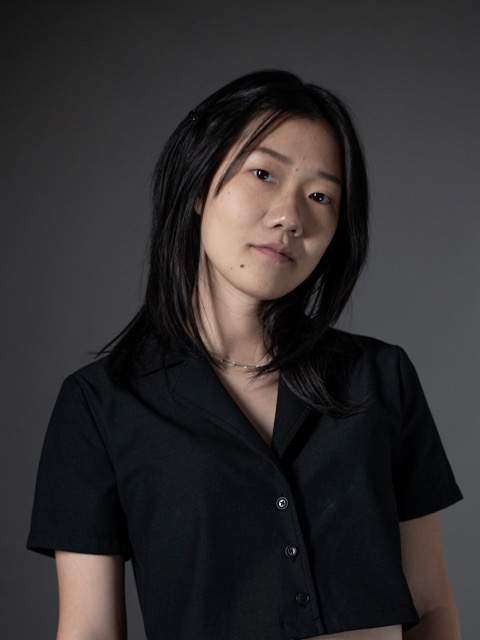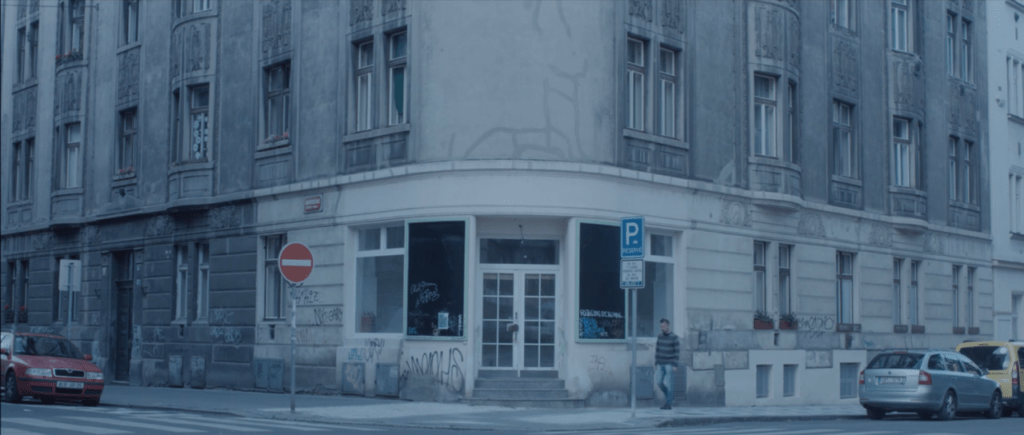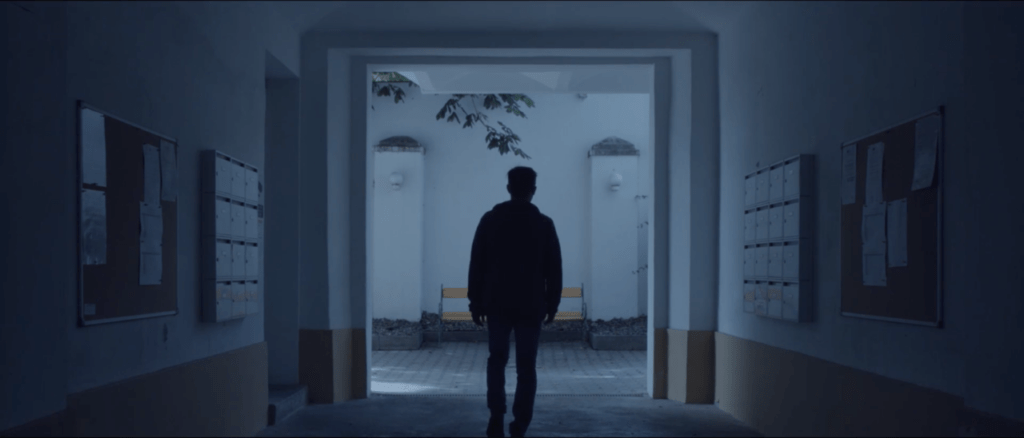
The virtues of seizing the opportunity are something film producer Peiqi Peng can attest to regarding her recent film Adios Muchahos. The title is somewhat misdirecting when you consider that this Czech language production was filmed in Prague due to a spur of the moment decision by a multi-international crew. Peiqi and cinematographer Qin Ziwei found themselves in the Czech Republic with enough time in their schedule to actually work together; a goal they had harbored for some time but were unable to manifest.
This dramedy could be set in any city on Earth but the location of Prague and a language unfamiliar to many who saw the movie serves to actually emphasize the feelings of the father daughter relationship central to the story. Peiqi Peng spun the wheel in creating this film and landed on a big win. Filmmaking and life are synonymous for this exceptionally talented producer who exhibits with her work here that delving into the unfamiliar can yield something unique and extraordinary.
A committed idealist who asserts that adventurous filmmaking is essential to her artistic voyage as a storyteller, Peiqi is one of the few producers who feels the compulsion to create a film in a country where she doesn’t speak the language. Ms. Peng views such an endeavor as both personal and community based.
She imparts, “Whenever I approach a new culture, it is always a self-reflective experience for me as it makes me realize my own limitations as a human. Every moment I spend living on this earth, there are many lives and other worlds that I wasn’t aware of. Events happening in parts of the world which are unknown to me but are home to others. This filmmaking process was truly a way for me to get close to the culture of the Czech Republic, doing all the scouting and working with local crews every day.”

In multiple ways, the story of Adios Muchachos intersects with key universal points of human existence. While the aesthetic beauty of Prague is an irresistible component of this film, the story revolves around a man who is excited to leave it. Actor Radek Jiricek plays a lonely grocery store cashier who wins a free ticket to Argentina but struggles to find a travel partner. His somewhat estranged daughter (marvelously portrayed by actress Juliana Silvie Slivonova) avoids his calls until the day before the trip, when she declines the offer. With the backdrop of picturesque Prague, we experience this man’s quandary, “What are the beautiful places and moments of life without those whom we love to share them?”

Contrast is a crucial element of this film. Peiqi had a strong hand in taking this approach for the telling of this story. The mundaneness of the main character’s life is presented via his walks to and from his job; repeatedly shown throughout the film. In spite of the grandeur of this city, we understand that anything can become ordinary. In the film’s climactic scene where the shopkeeper climbs aboard the tram by himself with his suitcase, this melancholy moment is punctuated by the upbeat energy of the Argentinian song “Adios Muchachos.
Both of these emotional tones were conceptualized by Producer Peng to instill the uneasiness of the main character’s emotional state. Also In the same way that she translated her notes (Peiqi’s native language is Chinese) into English as a bridge to the Czech speaking writers, Ms. Peng sees her role of filmmaker as serving to build an emotional bridge for different peoples and cultures to utilize.
She communicates, “The beauty of Adios Muchachos is its universal narrative. It’s a story about longing, hope, and connection, which was true to this one character in Prague but also millions of people around the world. I believe at the end of the day, my team and I shared a commitment to the film’s emotional truth and that is the cornerstone upon which all the language and cultural barriers can be overlooked.”
There’s an individuality to Adios Muchachos which cannot be overstated. The world is full of enchanting cities and complex relationships but the magic of this film and this location is that it seems simultaneously familiar and fascinating. Peiqi Peng and her team have channeled their enthusiasm for this story in a way that cautions us to be attentive to every moment. The characters and the film itself feels like someone we have met but we want to be closer to, much like the father and daughter in this tale. It’s a gift to create something so full of heart as Adios Muchachos.
Writer : Basil Thomson